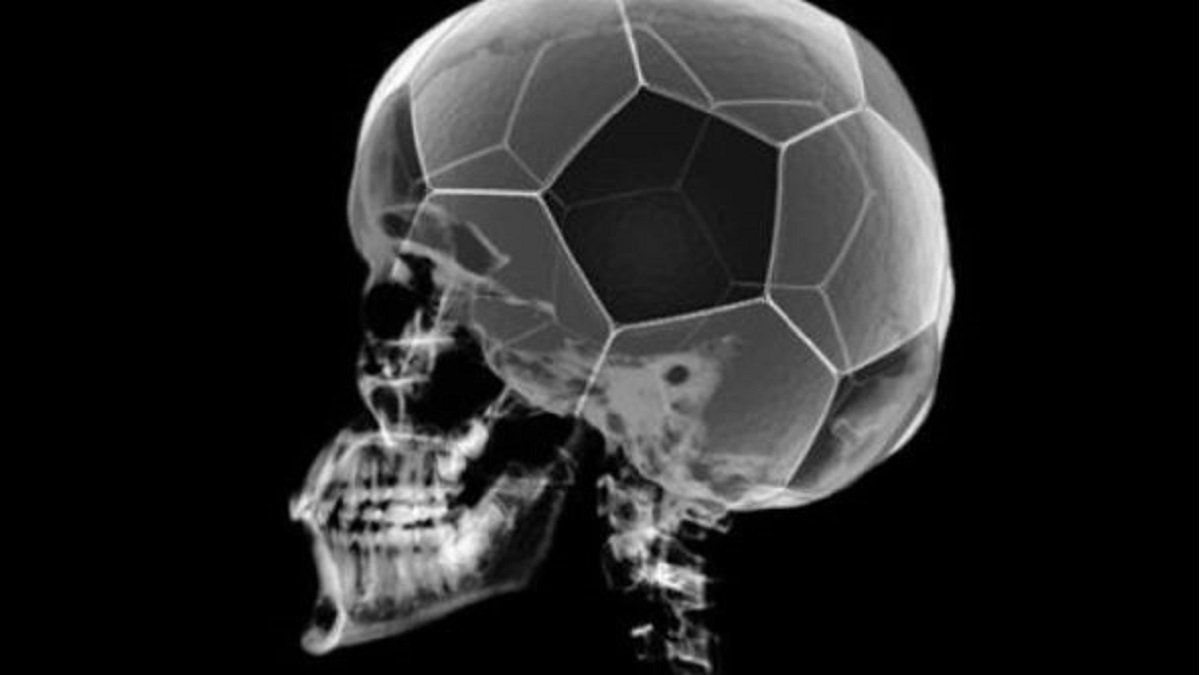The study showed a notable difference between the groups analyzed, especially with regard to calls ‘executive functions of the brain’: a term often used to describe the cognitive processes that regulate thought and action, especially in non-routine situations.
Examples of executive functions They would be problem solving, planning, sequencing, selective attention, inhibition, multitasking, cognitive flexibility and the ability to manage novel situations.
In the case of a footballer, the greater the ‘scoring nose’ (taking into account his position on the field), the better results he offers in a few psychological tests designed to assess executive functions. This type of intelligence encompasses various cognitive abilities, including coordination between thought and action, the mental flexibility to instantly correct a decision based on what other players are doing, and creative problem solving in changing situations.
Soccer players handle a lot of information and solve a complex situation in a short period of time, for example, receiving a ball and shooting towards where it had been thought, or letting it pass so that a better positioned teammate can control it. This type of ‘solving intelligence’ is not exclusively linked to sport and can be transferred to everyday life.
“Success in ball sports depends on how information is processed in complex contexts. and they change rapidly. Players must process a large amount of information at all times. They must constantly assess the situation, compare it with past experiences, think of new possibilities, make quick decisions and just as quickly inhibit other decisions that have been made.”
Result contrary to the cliché of the “limited” player
A possible explanation for this commonplace is that the executive functions have no relationship with the verbal skills; therefore, it is not strange that even the ‘great geniuses’ of the sport stutter when they are in front of the cameras.
This study also suggests that, when selecting potential soccer promises, one should look at other aspects beyond physical ability or skill in ball control. The authors propose the design of neuropsychological tests to evaluate the executive functions of the candidates.
Source: Ambito
I am Pierce Boyd, a driven and ambitious professional working in the news industry. I have been writing for 24 Hours Worlds for over five years, specializing in sports section coverage. During my tenure at the publication, I have built an impressive portfolio of articles that has earned me a reputation as an experienced journalist and content creator.




